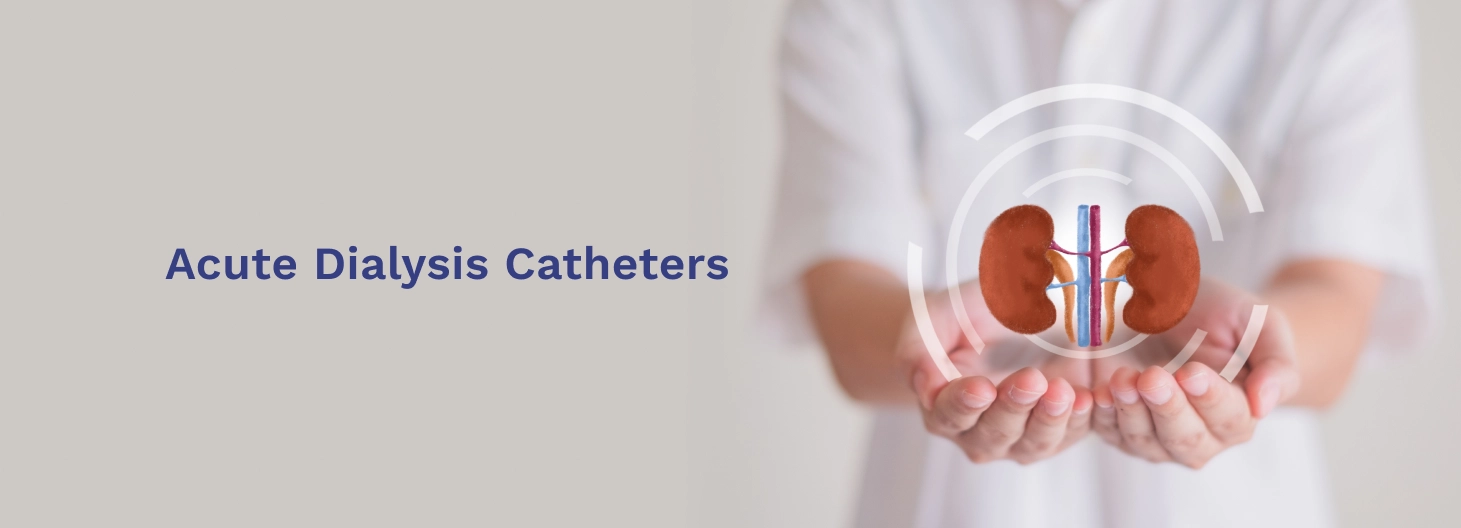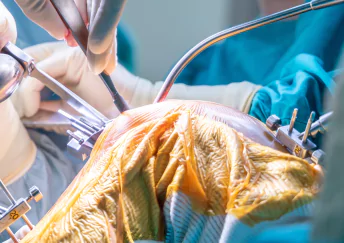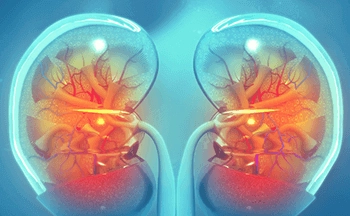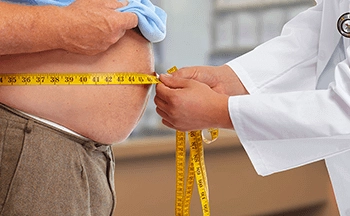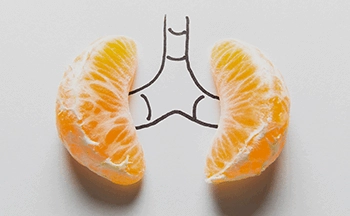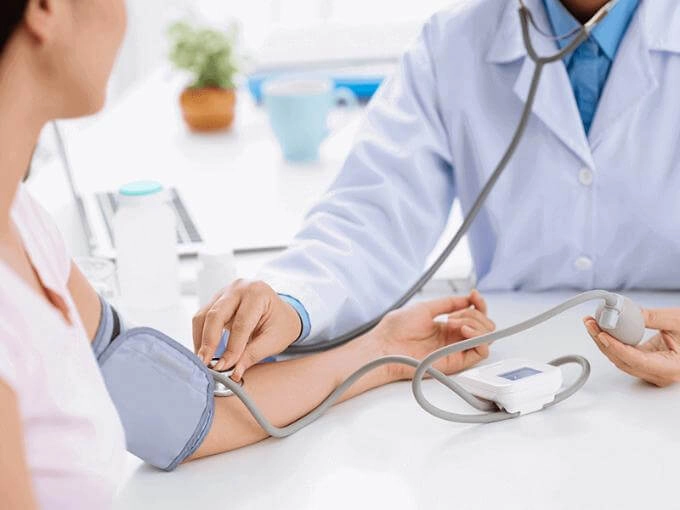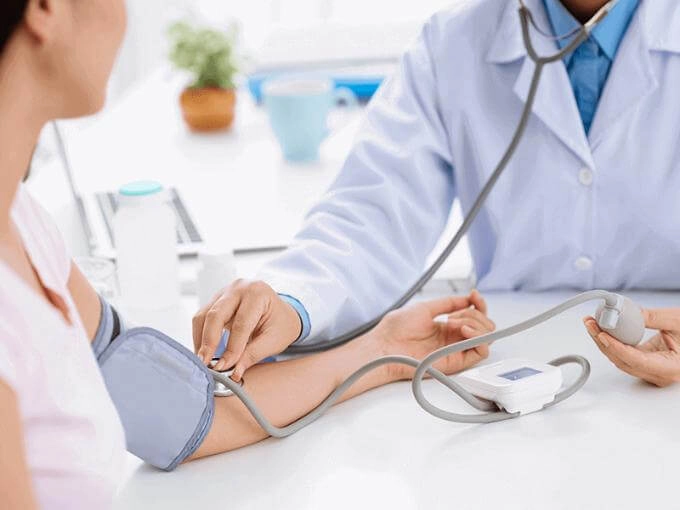What is Dialysis?
It is a treatment which is carried out when the kidney exhibits abnormal functioning. Two main types of dialysis processes are known - haemodialysis and peritoneal dialysis.
Haemodialysis diverts the blood towards a device where it’s purified before returning to the body, whereas in peritoneal dialysis catheter in Bangalore, the dialysis fluid is pumped inside the abdomen to clean the blood vessels lining the interior of the abdomen.
What are dialysis catheters?
A dialysis catheter is a thin tube like device used during the haemodialysis procedure to exchange blood between the haemodialysis machine and the body. It consists of two openings, namely:
- Arterial lumen - it carries blood from the patient to the dialysis machine
- Venous lumen - returns blood from the machine to the patient.
Although named differently both lumens reside in the vein. In the case of prolonged dialysis, a 3-8 cm long polyethylene terephthalate cuffed catheter is inserted beneath the skin. The cuff acts like a barrier for infections.
How is a dialysis catheter placed?
The usual preferred site for the placement of this catheter is Internal Jugular Vein, in the neck (mostly on the right side). The device is inserted on the right side by making an incision in the skin, further advancing downward towards the chest.
What are the common complications related to this procedure?
- Clotting - there can be chances of clot formation either in the interior or exterior region of the catheter, which can block the opening and decline the blood flow. This can be overcome by checking the catheter at regular intervals.
- Infection - infection may occur even at proper rate of blood flow, therefore, all the instructions must be followed properly. Symptoms of catheter infection can be - fever, weakness, redness at the catheter exit site, chills.
How can these complications be avoided?
The person undergoing the catheter placement must follow certain instructions to minimise these clotting and infection risks:
- The end of the catheter should always be capped so as to avoid air entering into the catheter.
- During the dialysis process, the patient and the doctor are advised to wear a mask to prevent infection causing microorganisms from entering the catheter.
- The doctor must be informed about any discomfort at the catheter site.
- It is advised to keep the catheter clean and dry at all times. While bathing, the catheter end should be tightly capped to block the water from entering into the catheter.
What are the medications given to remove catheter blockage?
Normally, heparin is injected into the catheter, before and after every treatment for the prevention of clots. Occasionally, urokinase commonly called “clot busting drug” can be given for dissolving the clots. The process can be repeated if the clot still persists.
The treatment can help to restore the blood flow and can increase the quality of life.
FAQs
1. What are acute dialysis catheters and when are they used?
Acute dialysis catheters are special tubes placed in large veins to quickly remove waste and excess fluid from the blood. They are used when a patient needs urgent dialysis, for example, in sudden kidney failure or severe illness.
2. Where can I find the best dialysis center in Bangalore for acute dialysis?
Sakra World Hospital in Bangalore has a dedicated dialysis unit with experienced nephrologists and trained staff. They provide safe, round-the-clock care for patients needing acute dialysis.
3. What is the difference between peritoneal dialysis and haemodialysis?
- Haemodialysis: Blood is filtered through a machine using a dialysis catheter or fistula. Usually done at a hospital or dialysis center.
- Peritoneal dialysis: The lining of the abdomen acts as a filter, and dialysis fluid is used inside the belly to clean the blood. Can be done at home under supervision.
4. How are pediatric dialysis catheters managed?
Children needing dialysis have special, smaller catheters. Nurses and doctors carefully monitor these catheters, keep the area clean, and follow strict protocols to make dialysis safe and comfortable for the child.
5. What precautions are needed to prevent dialysis catheter infections?
- Keep the catheter site clean and dry
- Wash your hands before touching the catheter
- Use antiseptics and dressings as advised by doctors
- Avoid unnecessary handling of the catheter
- Report any redness, swelling, or fever immediately
Sakra Hospital follows strict infection control protocols to minimize risks for all patients.


